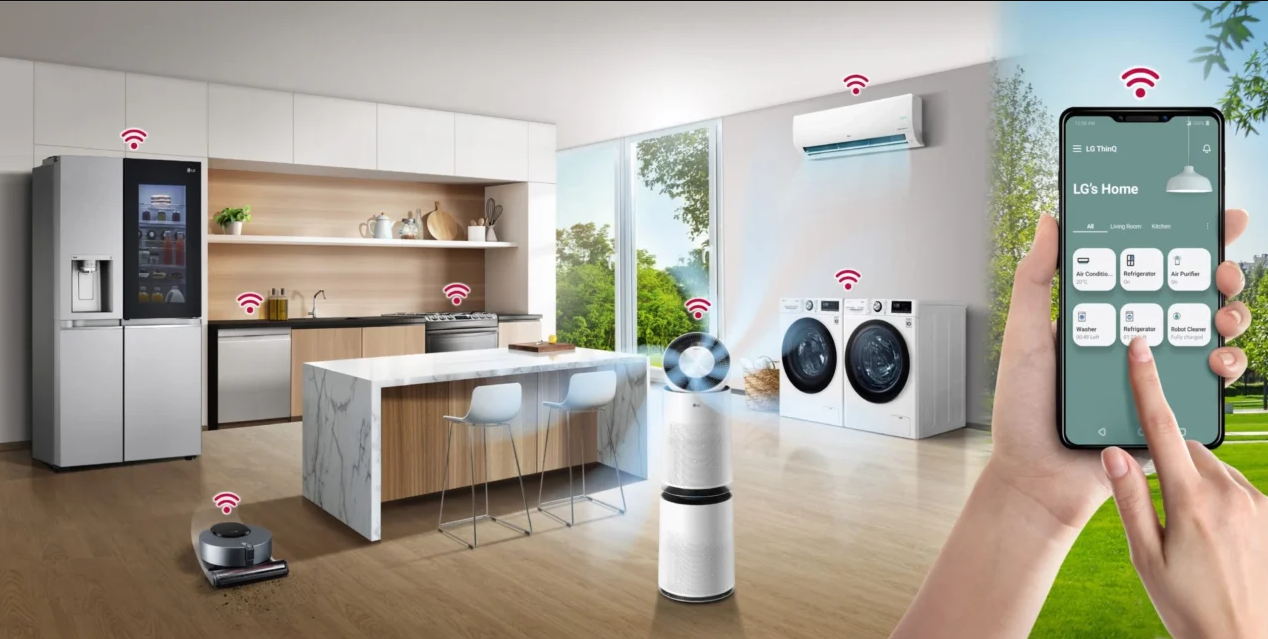
How AI Is Revolutionizing Everyday Life: From Smartphones to Smart Homes
Artificial Intelligence (AI) has evolved from a futuristic concept into a real-world technology that is transforming how we live, work, and interact with our surroundings. No longer confined to research labs or sci-fi movies, AI is now embedded in our daily routines—powering the apps we use, the devices we rely on, and even the homes we live in.
From smartphones in our pockets to smart devices controlling our living spaces, AI is quietly but powerfully revolutionizing everyday life. Let’s explore how.
Smarter Smartphones: Your Pocket-Sized AI Assistant
It’s hard to imagine life without a smartphone—and AI is one of the key reasons why they’re so powerful today.
Personalized User Experience
AI helps your phone learn your habits. It suggests apps you’re likely to use, adjusts brightness based on your environment, and even predicts your next actions. Apple’s Siri, Google Assistant, and Samsung’s Bixby are AI-powered digital assistants that respond to voice commands, set reminders, send messages, and answer questions in real time.
Advanced Photography
Modern smartphones use AI to enhance photography. From detecting scenes and adjusting camera settings automatically to removing photo backgrounds or improving low-light shots, AI turns average users into capable photographers with the tap of a button.
Language and Translation
Apps like Google Translate use AI to translate languages in real-time—whether through voice, text, or even your camera. Traveling or communicating across cultures is now faster and easier thanks to these smart tools.
AI at Home: From Convenience to Control
Smart homes are no longer a luxury—they’re becoming the new normal. And at the heart of this transformation is AI.
Voice-Activated Smart Assistants
Devices like Amazon Echo (Alexa), Google Nest, and Apple HomePod allow you to control lights, thermostats, music, and more—just with your voice. These assistants use AI to learn your preferences over time, offering more accurate and helpful responses.
Smart Lighting and Climate Control
AI-powered systems like Philips Hue or Nest Thermostat analyze your patterns to automatically adjust lighting or temperature, helping you save energy and stay comfortable. You no longer have to remember to turn off the lights or lower the thermostat when leaving home.
Home Security
AI enhances home security through smart cameras and doorbells like Ring or Arlo. These devices use facial recognition and motion detection to alert homeowners to suspicious activity. They can even differentiate between a person, pet, or car.
AI in Daily Services and Shopping
AI is not only changing how we interact with our devices, but also how we shop, eat, and get around.
E-Commerce and Recommendations
Whether you’re browsing Amazon or watching Netflix, AI is behind the scenes analyzing your behavior and suggesting products or content you’re likely to enjoy. These recommendation engines increase convenience and personalize your experience.
Food Delivery and Dining
Apps like Uber Eats and DoorDash use AI to optimize delivery routes, estimate wait times, and recommend food options based on your order history. Some restaurants are even using AI-powered robots to assist with cooking and food prep.
Navigation and Ride-Sharing
Google Maps, Waze, and ride-hailing apps like Uber and Lyft use AI to predict traffic, calculate ETA, and suggest the fastest routes. Autonomous vehicle technology, still developing, also depends heavily on AI for navigation and decision-making.
Final Thoughts: The Quiet Power of AI
The beauty of AI is that much of its work happens behind the scenes. It quietly learns, adapts, and personalizes your experiences to make life easier, faster, and more efficient. Whether you’re asking Alexa to play your favorite song, unlocking your phone with facial recognition, or getting traffic-free directions on your commute, AI is working in the background.
As technology continues to evolve, AI will only become more embedded in our daily lives. The future is not just about smarter devices—it’s about smarter living.
